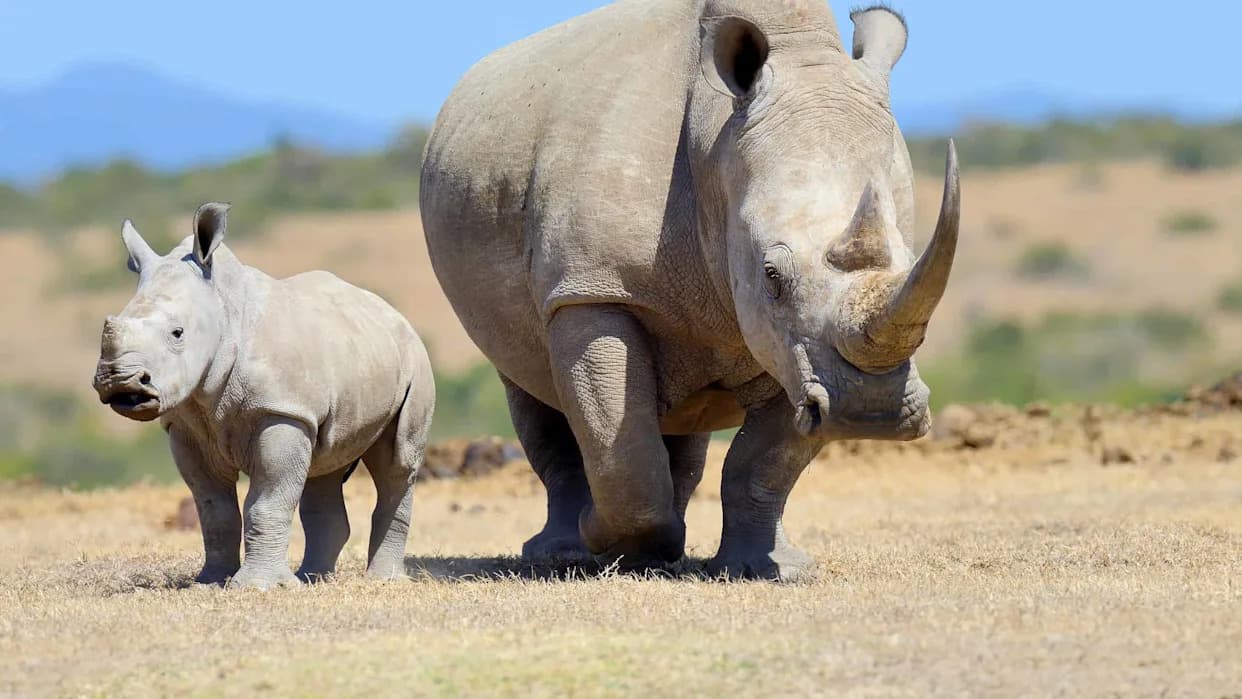Colossal Biosciences has acquired Viagen Pets & Equine, a Texas cloning firm known for both luxury pet cloning and conservation work. Viagen’s technical cloning efficiency will be integrated into Colossal’s de‑extinction and conservation programs, while Viagen will continue operating as a wholly owned subsidiary under President Blake Russell. Colossal says Viagen’s profits will be reinvested into conservation and plans to pursue automation and open‑sourcing to lower cloning costs. The companies aim to apply combined technologies to preserve endangered species and advance de‑extinction research.
Colossal Biosciences Acquires Viagen Pets & Equine to Boost De‑Extinction and Conservation Efforts

Colossal Biosciences Expands Cloning Capabilities with Viagen Acquisition
Colossal Biosciences, the Dallas-based genetics company pursuing de‑extinction and conservation technologies, has acquired Viagen Pets & Equine, a Texas firm known for luxury pet cloning and conservation cloning work. Announced Tuesday, the deal is Colossal’s first acquisition since its 2021 founding.
Combining strengths: Colossal founder and CEO Ben Lamm said Viagen’s cloning efficiency was a key factor in the acquisition. “Viagen was the only company in the world that had better cloning efficiencies than us,” Lamm told the Austin American‑Statesman, adding that bringing the teams together will allow Colossal to integrate Viagen’s methods into its broader de‑extinction technology stack.
How Viagen operates
Founded in 2002, Viagen runs two distinct lines of business. One arm offers premium cloning services to private customers—roughly $50,000 to produce a genetic twin of a cat or dog and about $85,000 for horses. The other arm applies the same cloning capabilities to threatened and endangered species preservation, a mission that aligns with Colossal’s conservation goals.
“It just seemed like a win‑win across the board,” Lamm said, noting the complementary focus on conservation.
De‑extinction and conservation context
Lamm co‑founded Colossal with Harvard geneticist George Church to pursue de‑extinction—the genetic recovery or re‑creation of lost species—as a tool to benefit modern conservation. Colossal lists several high‑profile projects, including work toward the woolly mammoth and the dodo.
The company drew wide attention earlier this year after reporting the birth of three animals it described as dire wolves produced from ancient DNA recovered from skulls dated about 13,000 and 73,000 years old. Independent researchers have challenged that characterization, saying the pups are closer to genetically edited gray wolves; however, many observers regard the births as meaningful technical progress.
What changes after the acquisition
Viagen will operate as a wholly owned Colossal subsidiary and remain led by President Blake Russell. The company will continue its core pet‑cloning business while coordinating conservation and preservation projects with Colossal’s teams. Lamm said Colossal, now Viagen’s sole shareholder, plans to reinvest Viagen’s profits into conservation efforts.
Open science and cost reduction: Lamm emphasized a commitment to open‑sourcing conservation‑related technologies and findings where possible, and he said Colossal will pursue automation and process improvements to reduce cloning costs and broaden access. He declined to disclose the acquisition price.
Viagen has previously reported conservation milestones, including a 2020 announcement that it had cloned a wild black‑footed ferret thought to be extinct in the wild for decades, a claim linked to U.S. Fish and Wildlife Service records. Colossal says integrating Viagen’s cloning experience with its genetic engineering and automation capabilities could accelerate conservation applications and make those tools more widely available.
Help us improve.


































